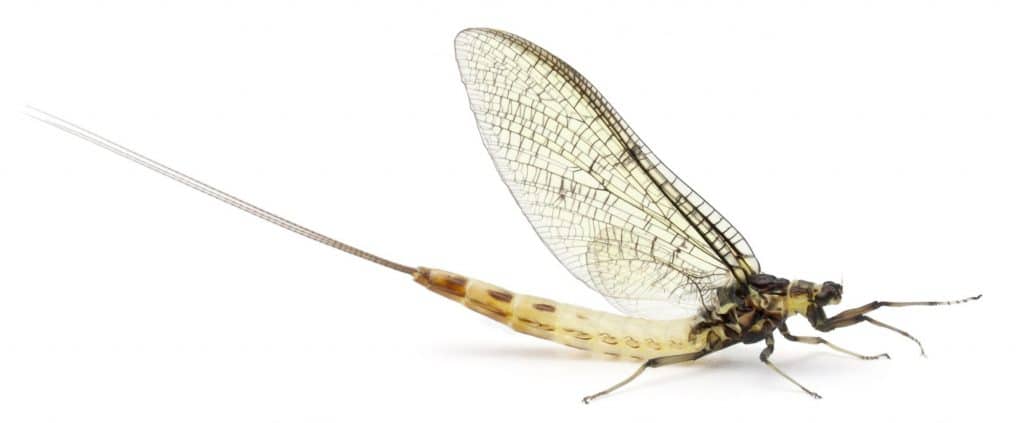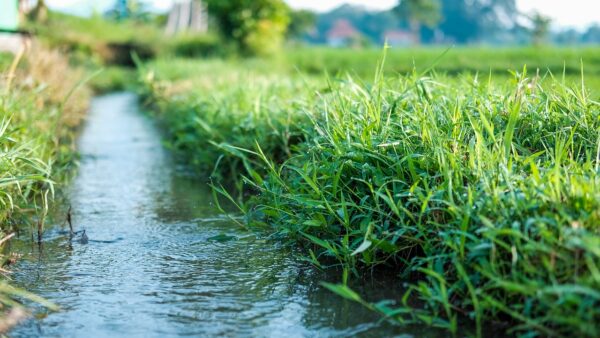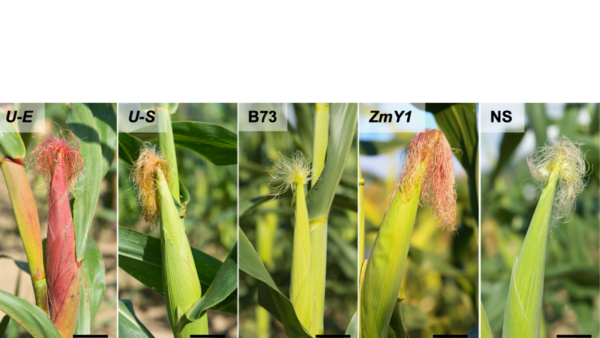Today (Nov. 23), Health Canada announced that it has completed its re-evaluation of the neonicotinoid imidacloprid and published the draft risk assessment for public comment. The assessment proposes that current use of imidacloprid is not sustainable, and the levels of this pesticide that are being found in waterways and aquatic environments are harmful to aquatic insects, such as mayflies and midges, which are important food sources for fish, birds and other animals._x000D_
_x000D_
Health Canada reports that concentrations of imidacloprid in surface water can range from non-detectable to, in some rare cases, levels as high as 11.9 parts per billion. Scientific evidence indicates that levels above 0.041 parts per billion are a concern, according to Health Canada._x000D_
_x000D_
“Today’s announcement follows a detailed science-based evaluation and demonstrates our Government’s commitment to evidence-based decision-making,” says Minister of Health Jane Philpott. “Health Canada is taking the findings of the re-evaluation of this pesticide seriously, and is taking action to further protect the environment.”_x000D_
_x000D_
Health Canada regularly reviews all pesticides to make sure they continue to meet modern health and safety standards. Neonicotinoid pesticides have been approved in Canada for many years and replaced older pesticides that had much greater risks to health and the environment._x000D_
_x000D_
But in recent years, Health Canada grew concerned about risks to bees and other pollinators from this class of pesticides. The department’s neonicotinoid re-evaluation efforts on potential risks to pollinators have reduced the environmental risks of neonicotinoids, according to a news release._x000D_
_x000D_
Health Canada reports that since it introduced mandatory mitigation measures on treated corn and soybean seed in 2014, the number of incidents reported at the time of planting has decreased by up to 80 per cent._x000D_
_x000D_
To address the risks identified, Health Canada has also published a proposed risk management plan for public comment, which includes a proposed three-year phase-out of agricultural uses of imidacloprid in order to address risks to aquatic insects. In some cases, where there are no alternative pest control products available, a longer phase-out transition period of five years is being proposed._x000D_
_x000D_
We are consulting on these proposed mitigation measures, and the final re-evaluation decision and risk management plan will take into consideration any comments received during the consultations. The consultation phase includes a 90-day commentary period in addition to a multi-stakeholder forum that would discuss any proposals for potential alternative mitigation strategies that would achieve the same outcomes in a similar timeframe. However, any proposals for continued registration would need to clearly demonstrate concrete actions that would ensure that levels of imidacloprid in water would be reduced below the level of concern._x000D_
_x000D_
Based on the findings of the re-evaluation assessment on imidacloprid, the Department is also launching special reviews for two other widely used neonicotinoids, clothianidin and thiamethoxam. These special reviews will examine any potential risks these pesticides may pose to aquatic invertebrates, including insects, as they are also being detected frequently in aquatic environments.












